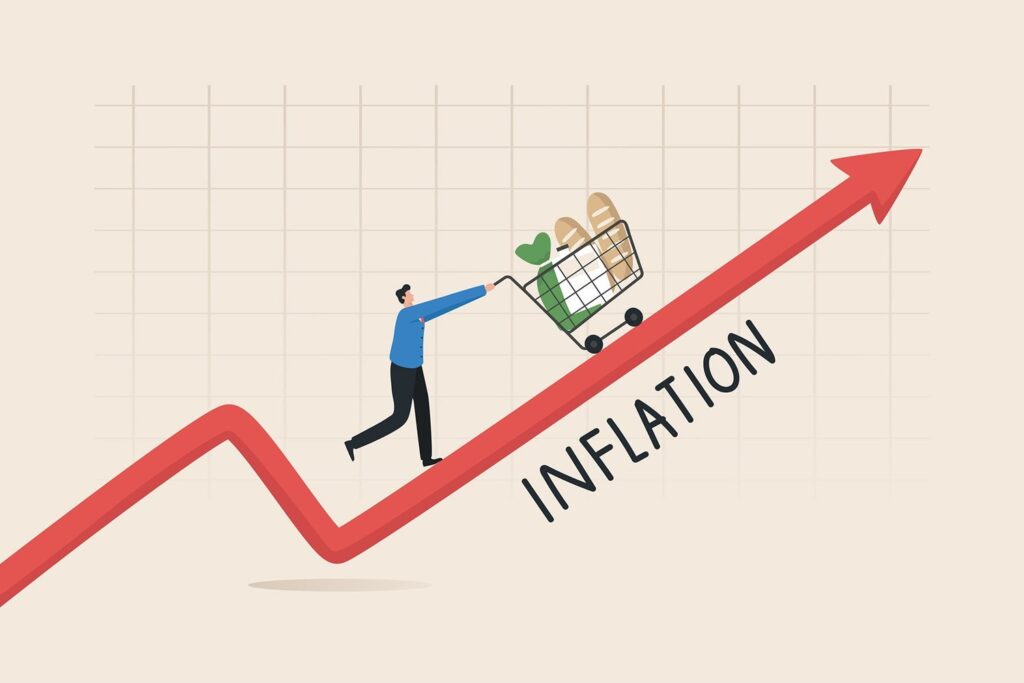Inflation is something you may have heard a lot about in the news over the past couple of months, but what is it exactly? To put it simply, inflation is a rise in the prices of goods and services over time. When this rise outpaces the growth of wages, the purchasing power of our money falls, leading to an increase in our cost of living.
Inflation is directly related to supply and demand in the economy. For example, the recent conflict in Ukraine and the decision to ban Russian oil exports to other countries has led to a reduction in the amount of oil available for purchase, however the demand for oil has remained steady, causing an increase in oil prices around the world. This impact can be clearly seen in Australia through the increase in petrol prices this year.
Another example of inflation that has been seen in Australia in recent years has been the dramatic increase in housing prices. A lack of housing supply combined with record low interest rates allowing increased access to capital has created a volatile mix where demand for housing has been increasing whilst supply has remained relatively low. This has caused a surge in housing prices, making it extremely difficult for new buyers to get into the market. However, as discussed below, The Reserve Bank of Australia (RBA) is able to take measures to address issues caused by inflation.
It is important to note that although inflation may be having a negative impact upon our bottom line, it has also led to an increase in the cash rate as the RBA attempts to bring inflation under control. By raising the cash rate and interest rates, the RBA is able to limit the amount of funds being borrowed, reducing public cash flow and spending. By reducing spending, the RBA hopes to be able to ease the level of inflation and bring the rate of inflation back in line with current wage growth and expectations.
This increase to the cash rate has already seen an increase in the return on cash and fixed-interest investments such as term deposits, which is great news for those with a more conservative investment approach.
If you have any concerns about the impact of inflation on yourself or your investments, please do not hesitate to contact one of our knowledgeable financial advisers here at Crest Financial Services.
If you would like to learn more about the history of Inflation, Doctor Shane Oliver, Chief Economist at AMP Capital, does an extensive in-depth analysis into the impacts of inflation in the 1970’s and 80’s through his weekly podcast “Simplifying Investing”.

